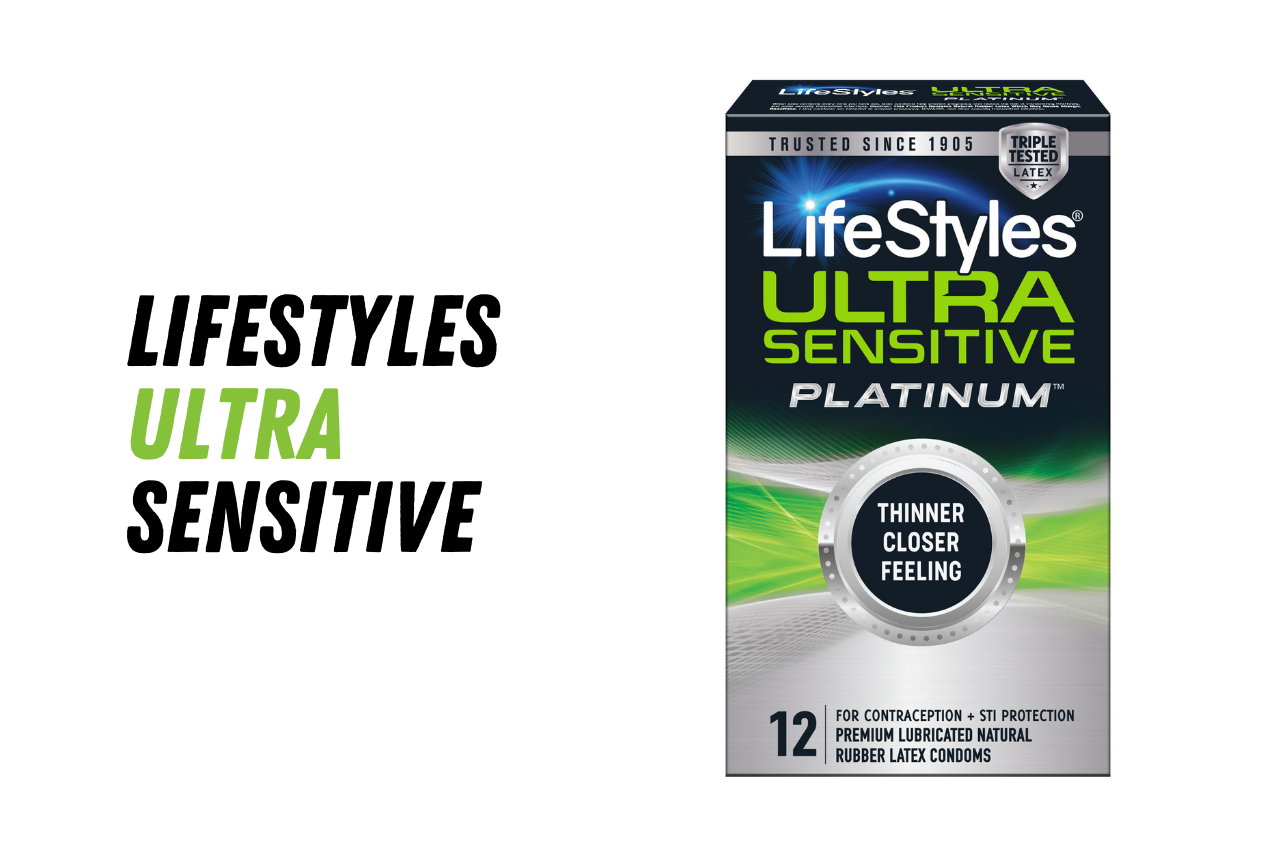
lifestyles ultra sensitive
Living with ultra sensitivity can present unique challenges in navigating daily life. From heightened emotional responses to environmental triggers, individuals with ultra-sensitivity require tailored strategies to thrive. This article explores the intricacies of ultra-sensitive lifestyles, common challenges faced, coping strategies, and the importance of creating supportive environments. We’ll discuss in this article about lifestyles ultra sensitive.
Introduction to Lifestyles Ultra Sensitive
Ultra sensitivity refers to a heightened awareness and responsiveness to stimuli, including emotions, sensations, and environmental factors. While sensitivity is a natural trait, ultra-sensitive individuals experience these sensations more intensely, impacting various aspects of their lives.
Understanding Ultra-Sensitive Lifestyles
Ultra-sensitive lifestyles encompass a broad spectrum of experiences, including heightened emotional responses, sensory sensitivities, and empathic abilities. Individuals may experience intense reactions to stimuli such as loud noises, bright lights, or crowded spaces, affecting their comfort and well-being. We’ll discuss in this article about lifestyles ultra sensitive.
Common Challenges Faced by Ultra-Sensitive Individuals
Living with heightened sensitivity presents several challenges, including:
Overwhelm and Overstimulation
Ultra-sensitive individuals may easily become overwhelmed by sensory input, leading to feelings of anxiety or distress in stimulating environments. We’ll discuss in this article about lifestyles ultra sensitive.
Emotional Intensity
Emotional sensitivity can result in heightened empathy and compassion, but it may also lead to mood swings, emotional exhaustion, and difficulty managing intense feelings.
Coping Strategies and Lifestyle Adjustments
To navigate the challenges of ultra sensitivity, individuals can adopt various coping strategies:
Mindfulness and Self-awareness
Practicing mindfulness techniques can help ultra-sensitive individuals become more aware of their thoughts, emotions, and physical sensations, allowing them to manage their reactions more effectively.
Establishing Boundaries
Setting boundaries in personal and professional relationships is crucial for protecting energy levels and preventing overwhelm. Communicating needs clearly and assertively can help maintain emotional well-being.
Creating a Supportive Environment
Building a supportive environment is essential for ultra-sensitive individuals to thrive:
Surrounding Yourself with Understanding Individuals
Seeking out supportive friends, family members, and colleagues who understand and respect your sensitivity can provide invaluable emotional support. We’ll discuss in this article about lifestyles ultra sensitive.
Importance of Self-Care
Self-care plays a vital role in managing ultra sensitivity:
Prioritizing rest
Ensuring an adequate amount of rest is essential for replenishing energy levels and preventing burnout.
Building Resilience and Emotional Well-being
Developing resilience is crucial for navigating the ups and downs of ultra sensitivity:
Cultivating Positive Coping Mechanisms
Engaging in activities such as journaling, creative expression, and physical exercise can help regulate emotions and promote emotional well-being.
Navigating Relationships
Maintaining healthy relationships can be challenging for ultra-sensitive individuals:
Effective Communication
Open and honest communication is key to fostering understanding and mutual respect in relationships. Expressing needs and concerns openly can strengthen connections and prevent misunderstandings.
Dietary Considerations for Ultra Sensitivity
Diet can significantly impact ultra-sensitive individuals:
Identifying Trigger Foods
Some individuals may have sensitivities or allergies to certain foods, which can exacerbate physical and emotional symptoms. Keeping a food diary can help identify trigger foods and make necessary dietary adjustments. We’ll discuss in this article about lifestyles ultra sensitive.
Seeking Professional Help
Seeking support from mental health professionals can provide valuable guidance and assistance:
Therapy and Counseling
Therapy can help ultra sensitive individuals develop coping skills, process emotions, and navigate life’s challenges more effectively.
Embracing Your Sensitivity
Rather than viewing sensitivity as a weakness, embracing it as a strength can empower individuals to live authentically:
Harnessing the Power of Sensitivity
Ultra-sensitive individuals often possess heightened intuition, creativity, and empathy, making valuable contributions to their communities and relationships. We’ll discuss in this article about lifestyles ultra sensitive.
Overcoming Stigma and Misunderstanding
Despite the unique gifts and strengths of ultra sensitivity, stigma and misunderstanding persist:
Advocating for Understanding and Acceptance
Raising awareness and promoting acceptance of ultra-sensitivity can help reduce stigma and create a more inclusive society for all individuals.
Resources and Communities for Support
Numerous resources and communities offer support and validation for ultra-sensitive individuals:
Online Forums and Support Groups
Joining online forums and support groups can provide a sense of belonging and connection with others who share similar experiences. We’ll discuss in this article about lifestyles ultra sensitive.
Conclusion
Living with ultra-sensitivity presents both challenges and opportunities for growth and self-discovery. By embracing sensitivity as a unique trait and implementing effective coping strategies, individuals can navigate life’s complexities with resilience and grace. We’ll discuss in this article about lifestyles ultra sensitive.
FAQs (Frequently Asked Questions)
- Is ultra sensitivity a disorder?
- Ultra sensitivity is not classified as a disorder but rather a personality trait characterized by heightened responsiveness to stimuli. We’ll discuss in this article about lifestyles ultra sensitive.
- Can ultra sensitivity be managed effectively?
- Indeed, with the right methodologies and backing, people can figure out how to deal with their responsiveness and lead satisfying lives.
- Are there medications available for ultra sensitivity?
- Medications may be prescribed to manage symptoms such as anxiety or depression associated with ultra sensitivity, but they do not directly address sensitivity itself.
- Can children be ultra-sensitive?
- Yes, children can exhibit ultra sensitivity, which may manifest as heightened emotional reactions, sensitivity to sensory stimuli, or empathic abilities.
- How can I explain my sensitivity to others?
- Communicating openly and honestly about your experiences and needs can help others understand and support you better.
Also Read: Lifestyle Newborn Photography


